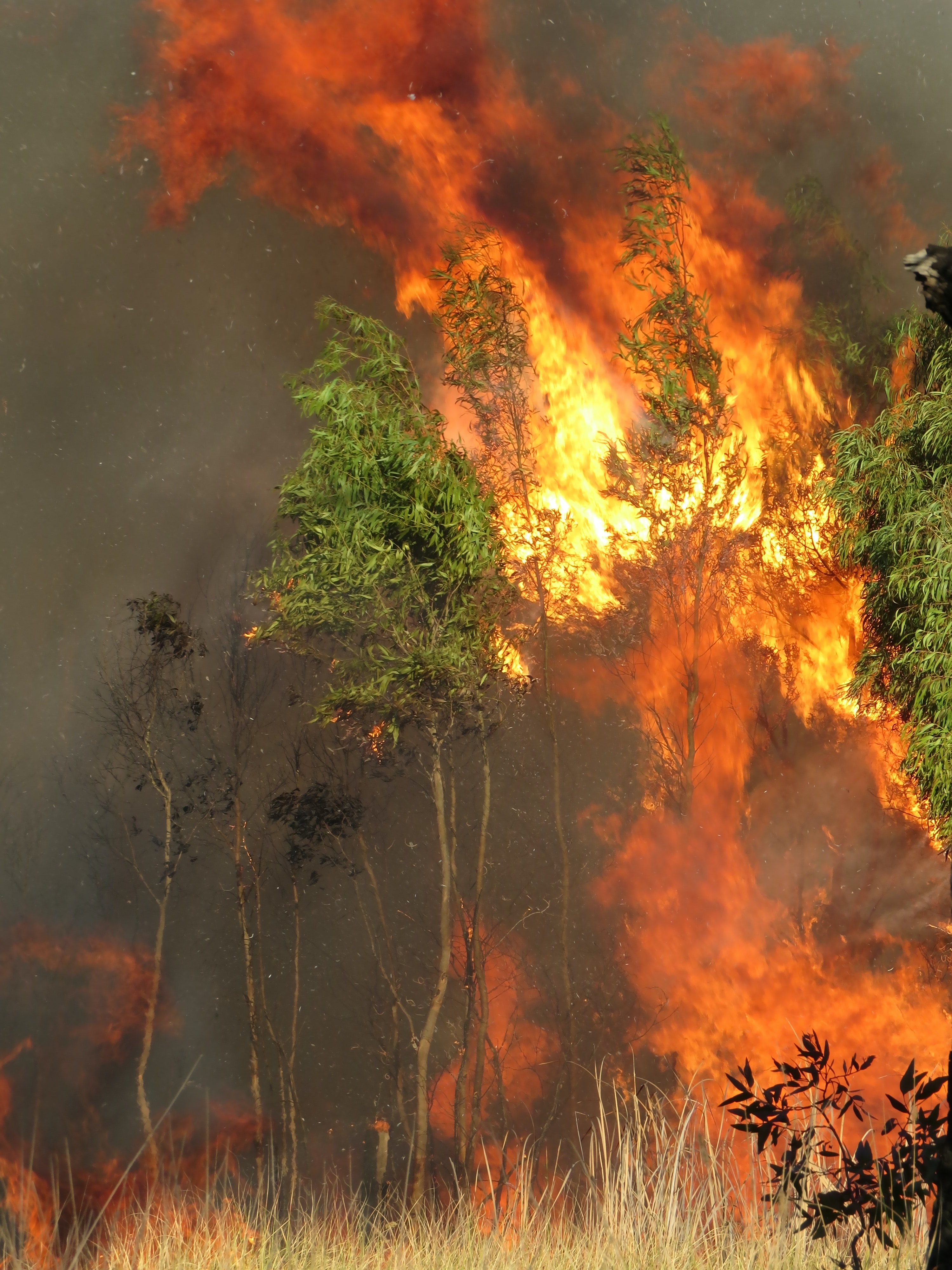Climate change is causing an increase in trauma-induced mental illness.
Climate change is a process that has been happening for decades and doesn’t seem to be losing steam anytime soon. Because of earth’s temperatures rising, more and more extreme weather events are taking place all over the world. This includes, but is not limited to, hurricanes, floods, wildfires, tornados, severe hailstorms, and earthquakes. These issues have always existed, of course, but they seem to be increasing in severity has time goes on, and this is indicative of a significant climate shift, and natural disaster trauma can have a long-lasting impact. Moreover, the higher temperatures associated with climate change can cause mental fog, fatigue, depression, and other mental health issues.
With these intense weather events increasing, more people are going to be affected by them – at a deep level. When individuals experience life-changing traumatic events they are at risk of developing posttraumatic stress disorder (PTSD), and ‘acts of god’ can bring on PTSD. Living through a natural disaster is not only extremely overwhelming but, in the aftermath, people may experience ‘survivor’s guilt,’ flashbacks and other unsettling emotions. Adding to their distress, the large-scale chaos and damage caused by these events can leave some financially strained, unable to keep the routines they once were able to or even homeless.
PTSD from natural disaster trauma can last for months or even a few years depending on the person. Common symptoms of PTSD include recurrent memories, nightmares, and emotional reactions to triggers that remind the person of the event. For example, a person who has lived through a tsunami may be triggered any time there is a heavy storm. According to the National Alliance on Mental Illness, 3.6 of adults are struggling with PTSD and about 37 percent of those have serious symptoms that require medical attention.

Luckily, there are many proven treatments to help with this condition. Cognitive-behavioral therapy, prolonged exposure therapy, or cognitive processing therapy are just a few therapeutic interventions that have proven to be useful without medication treatment. However, clinicians may choose to also prescribe medication such as SSRIs, which can help with depression, anxiety, and sleeping issues a person may be experiencing as well as mood stabilizers. Treatment for PTSD often includes a combination of medication and therapy. It truly depends on the person individual case. It’s important to note, too, that trauma reactions vary widely from person to person. In fact, two individuals can experience the exact same thing and one might develop PTSD while the other makes it through unscathed.
People who end up being directly affected by climate change disasters are at risk of rewiring brain chemistry and developing PTSD. Because PTSD has a significant impact on the neurotransmitters in the brain, sometimes this damage is irreversible.
Undiagnosed posttraumatic stress disorder can lead to many issues, which include suicidal thoughts and behaviors. It is always recommended that people seek help if they find themselves unable to move past their trauma. Unfortunately, climate change progression is more noticeable now than ever before. It’s important for individuals to make their mental health a top priority, particularly if they’ve experienced a natural disaster as a result of climate change and begin to notice distressing symptoms.
Sources:
Climate change trauma has real impacts on cognition and the brain, wildfire survivors study shows
In the wake of a wildfire, embers of change in cognition and brain function linger
Post-traumatic stress disorder (PTSD)
The Science Behind PTSD Symptoms: How Trauma Changes the Brain


Join the conversation!